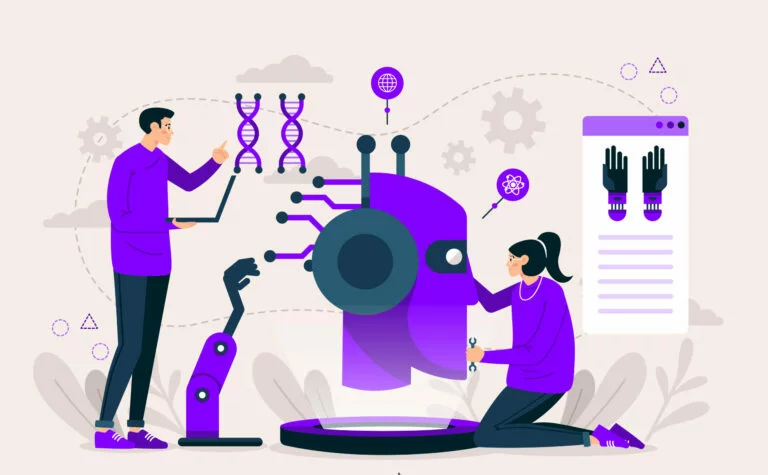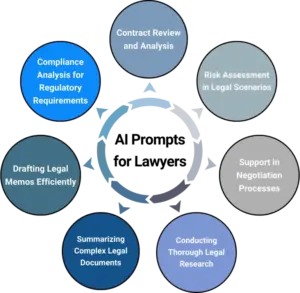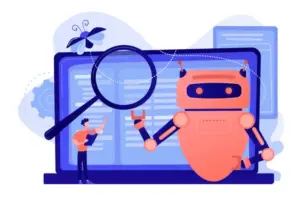In contract management, mixing in artificial intelligence (AI) comes with its own set of hurdles. It’s essential to understand how AI fits into this area because it has a lot to offer but also faces some big challenges. For starters, AI can make handling contracts much smoother by speeding things up and cutting down on manual work.
However, there are bumps along the road like ensuring all the data is right and that AI understands legal terms properly which isn’t always easy. This piece takes a closer look at where AI limitations in managing contracts and points out why working together – humans alongside machines – is key for taking care of contracts from start to finish effectively.
Understanding AI’s Role in Contract Management
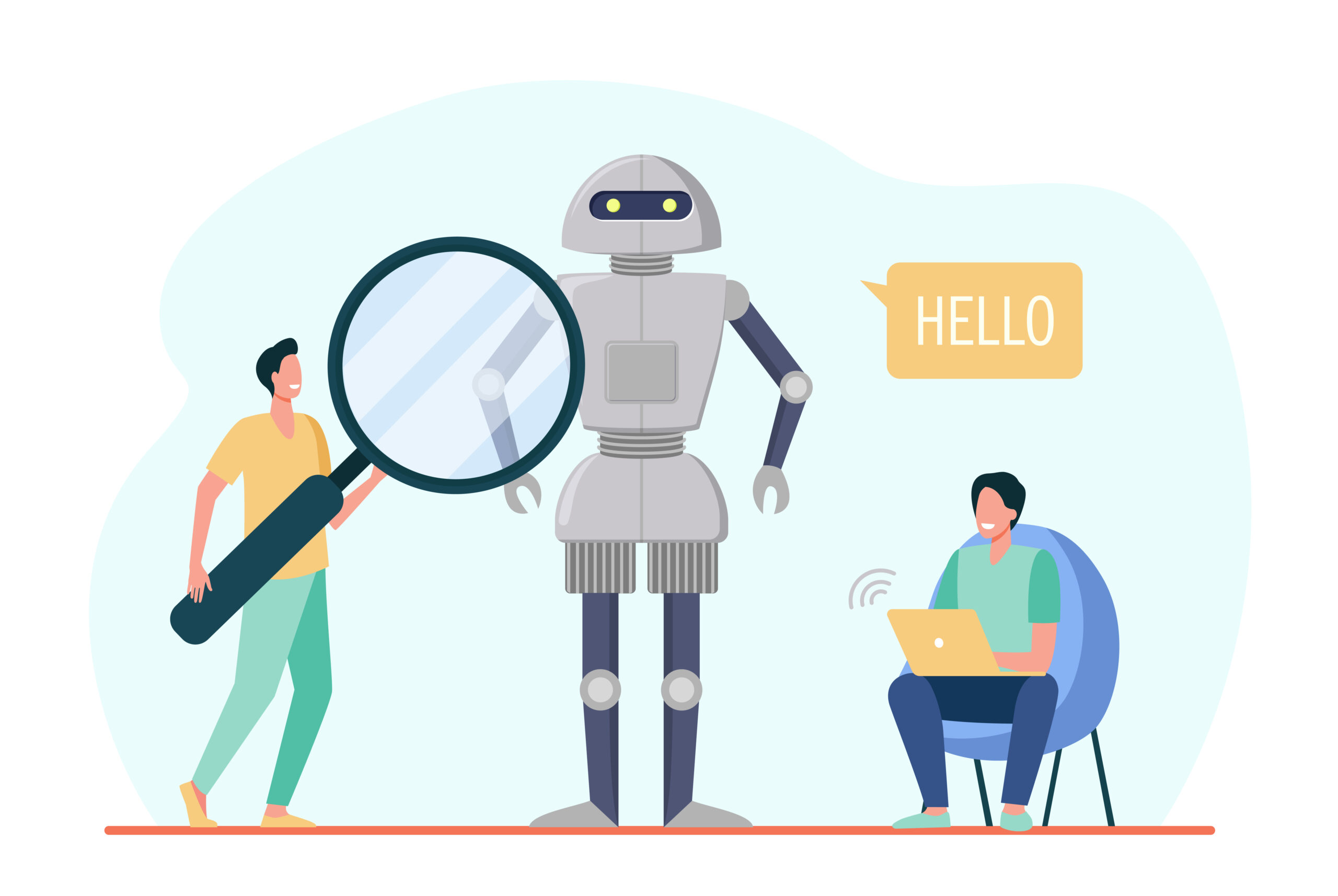
Artificial intelligence is changing the game when it comes to managing contracts. With AI, companies can make contract creation smoother, get better at analyzing contract data, and even automate the everyday tasks that take up so much time.
These AI systems understand the tricky language often found in contracts, which means they can help put together and negotiate contracts way faster. This not only makes things more efficient but also helps ensure everything is accurate in the process of handling contracts. In turn, this leads to better performance and compliance with those contracts throughout their lifecycle.
Defining AI in Contract Management
Artificial intelligence, or AI for short, is all about making machines think and act like humans, especially when it comes to managing contracts. In the world of contract management, AI uses something called machine learning algorithms to make things smoother and better throughout the whole contract lifecycle. This includes automating stuff like making new contracts, pulling out important information from them, and analyzing that data. The goal here is to help organizations handle their contracts more efficiently and accurately so they can make smarter choices based on good information.
Related Article: AI And Law: Comprehensive Guide To Stay Up To Date
Key Limitations of AI in Contract Management

In the world of AI contract management, a couple of big hurdles pop up because getting data right is tough, and legal talk can be complicated. When the info isn’t consistent, making smart choices gets hard. Also, AI finds it tricky to get what complex legal terms mean exactly. These problems make it difficult for AI systems to do a good job managing contracts from start to finish in the contract lifecycle management process.
Challenges with Data Accuracy and Quality
In the world of AI-driven contract management, making sure that the data from contracts is accurate and high-quality can be tough. Tools based on NLP (Natural Language Processing) often struggle to understand complicated legal terms correctly and to pull out precise information without mistakes.
This is because human language has so many subtle details that can lead to errors. If the data isn’t good, it might mess up analyzing contracts properly, which could affect making important decisions and even risk breaking some laws. To get past these problems, we need better NLP technology and to think carefully about how we take information out of contracts.
Limitations in Handling Complex Legal Language
In the world of contract management, AI systems often find it tough to get their heads around complicated legal terms because legal language is detailed and full of subtle meanings. With complex clauses thrown into the mix, these algorithms might not always catch on to what’s being said or how certain phrases should be interpreted depending on the context.
On top of that, since AI doesn’t think like humans do, it has a hard time picking up on all the little details and finer points that are second nature in legal contracts. This issue makes it challenging for AI to accurately handle and process these documents without making mistakes in managing contracts.
Related Article: AI For Legal Documents: Your Essential Guide
Impact of AI Limitations on CLM
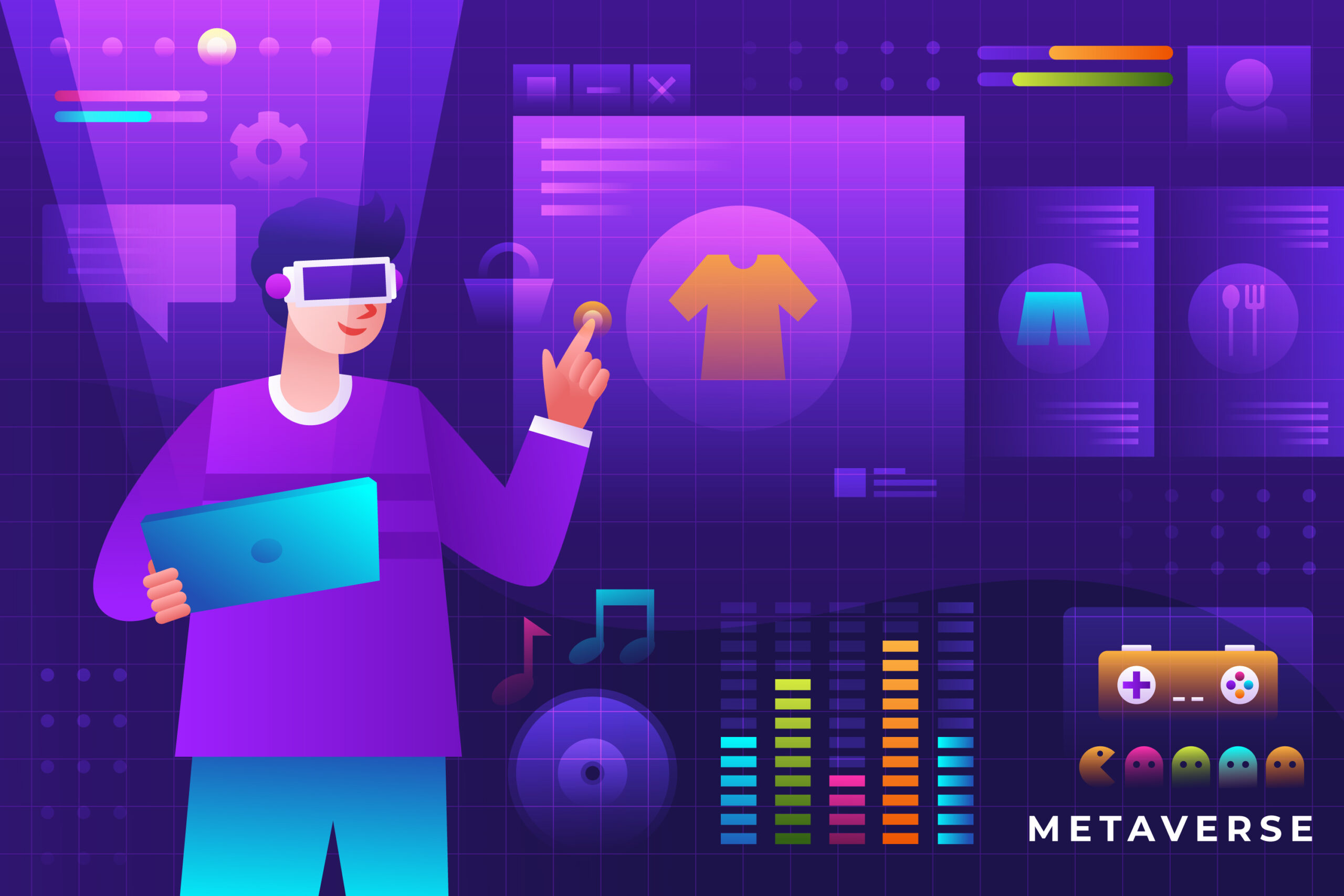
When AI doesn’t work as well as we hope in managing contracts from start to finish, it can slow things down. This includes taking longer to get contracts processed and making it harder to figure out and deal with potential problems.
These slowdowns can mess up how smoothly the whole process of handling contracts goes, which might make it take longer than expected to wrap up deals and properly understand the risks involved. It’s very important to tackle these issues so that everything involving contract management runs more efficiently within a company’s system for dealing with agreements throughout their life cycle.
Impediments to Risk Assessment and Mitigation
In the world of contract management, AI has a tough time figuring out risks properly because legal documents can be tricky with their fancy words and phrases that AI might not always get right.
On top of that, finding the exact data needed to check how risky something is can also be hard, which means it’s tougher for AI to analyze risks accurately. To tackle these problems, we need a mix of human know-how and what AI can do. This way, we’re better at spotting and dealing with potential issues in contracts.
Delays in Contract Processing Times
In the world of contract management, when it takes too long to get contracts processed, it slows things down. Even though artificial intelligence (AI) is pretty smart and can do a lot, sometimes it hits snags that make everything take longer than expected.
This could be because the language in contracts is complicated or there are problems with the data quality. By making AI smarter or adding some human checking into the mix, we can make these processes smoother and cut down on how long we have to wait for contracts to get sorted out.
Related Article: Effectively Use AI In Contract Drafting
Addressing AI Limitations: Human-AI Collaboration

By bringing together human expertise and AI tools, we can make the process of creating and negotiating contracts much better. When people work closely with AI in managing contracts, it helps improve how these contracts perform and reduces risks. There have been examples where mixing human intelligence with AI has led to smarter choices and better results for contracts. This shows just how important it is for humans to keep an eye on things when using AI in contract management.
Enhancing AI Capabilities through Human Oversight
To make AI better at managing contracts, it’s really important to have people involved too. When we mix the quick work of AI with what people know best, the information in contracts gets a lot more accurate and reliable.
People help by making sure the AI understands all those tricky parts in contract language and stops mistakes before they happen. Working together like this makes AI way stronger, creating a smart balance that uses both human smarts and artificial intelligence to handle contract management, improve how we deal with contract data, understand complex contract language better, and benefit from human expertise.
Related Article: Can AI Replace Lawyers? Exploring The Future Of Legal AI
Overcoming Data Extraction Issues with Advanced AI Tools

In the world of contract management, pulling out important bits from contracts can be tough. But thanks to some smart AI tools that are getting better at understanding human language, this task is becoming easier and more accurate. With these advancements, it’s simpler to get what we need from contracts without messing up their meaning.
This means fewer mistakes and less risk of misunderstanding what the contract says. By using AI to help with data extraction, companies can make their whole process of managing contracts smoother, find useful information faster, and make smarter decisions based on what they learn. These advanced AI solutions are changing the game in how we handle contracts efficiently across the board.
Innovations in Natural Language Processing for Better Data Handling
In the world of managing contracts, dealing with a lot of contract data efficiently and correctly is a big challenge. This is where new tech in NLP steps in to help. NLP falls under artificial intelligence and it’s all about how computers can understand human language. By using NLP methods, systems that manage contracts can pull out important bits from contracts like key points, what needs to be done, and when things need to happen.
Thanks to NLP, we can sort through contract data better by putting it into categories and organizing it so it’s easier for people who manage these contracts to find what they need later on. This tech helps those managers get smart insights from the data—like seeing trends, finding potential problems early on, or figuring out how well different agreements are doing.
Leveraging AI for Enhanced Data Insights and Decision Making
Artificial intelligence, or AI for short, is changing the game in managing contracts by making it easier to understand lots of data and helping people make smarter choices. With the help of machine learning, these advanced platforms can sift through tons of contract details and pull out important bits.
By using AI, those in charge of handling contracts get a full picture of what they’re working with – like what’s most important in their agreements, where there might be risks, and chances to do better. These smart algorithms are great at spotting patterns or things that don’t quite fit right across all sorts of contract info. This means decisions about contracts aren’t just guesses; they’re based on solid facts which helps fine-tune how deals are done.
Predictive analytics is another cool thing AI brings to the table. It looks back at past deals to guess how well different parts of a contract might work out or point out possible hiccups before they happen. This kind of insight lets companies shape their agreements more effectively and steer clear of trouble down the road.
Related Article: Master Contract Generation: A Comprehensive Guide
Mitigating AI Limitations
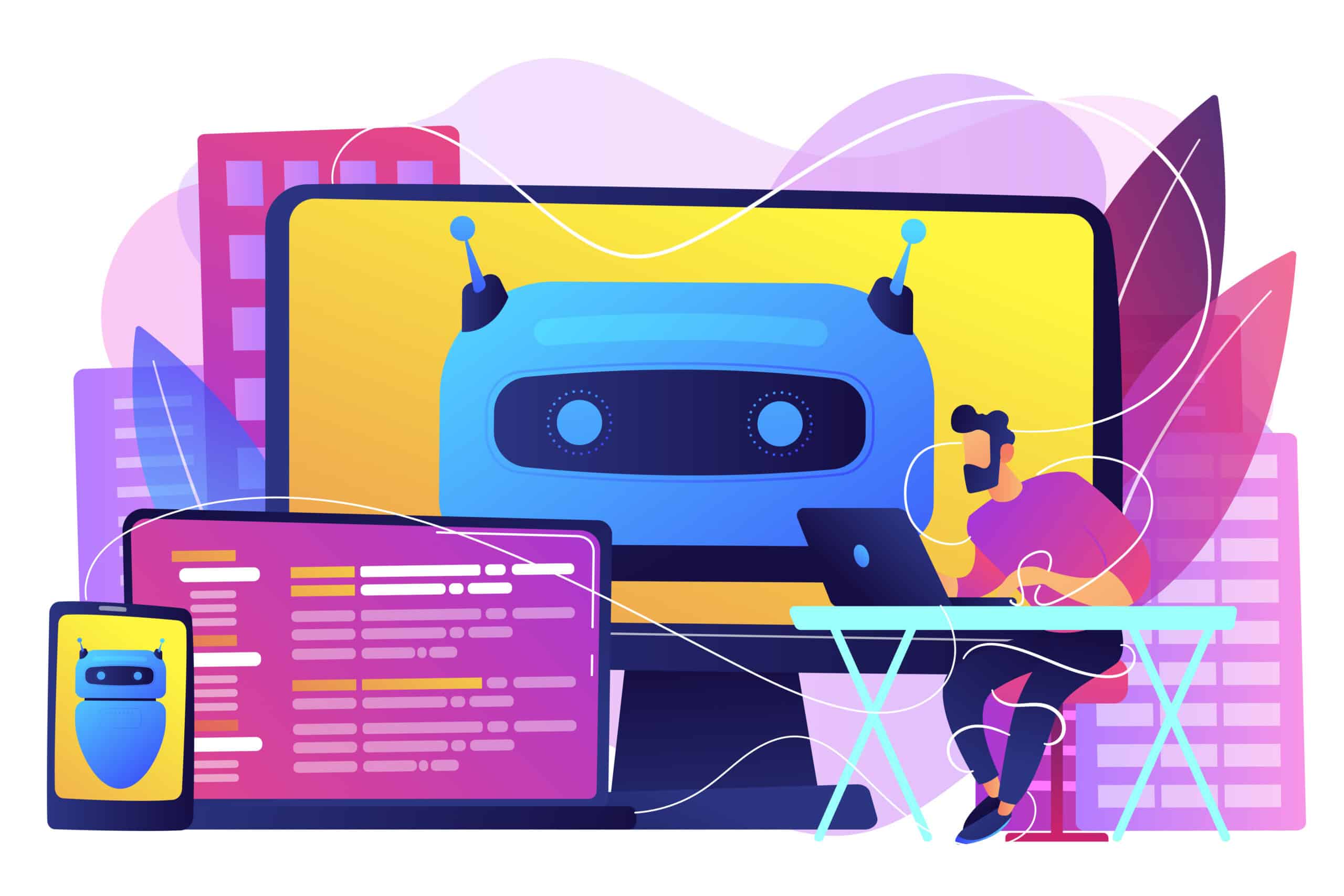
Just like with any tech stuff, using AI to manage contracts has its ups and downs. But the good news is that smart folks are working hard to make these downs less of a problem by improving how AI works in this area.
Looking ahead, there’s some exciting stuff on the horizon for using AI to handle contracts better. We’re talking about making it smarter at understanding what we say, getting better at checking out contracts, and guessing what might happen next (predictive modeling). By making these parts of AI sharper and giving it more tools, we hope to get past current hurdles and open up new doors.
With all eyes on where things are heading, companies are coming up with cool new ways to deal with tricky legal wording, make sure data is top-notch, and fix mistakes people make. As businesses gear up for what’s next, they’ll need solid plans and smart choices if they want to take advantage of everything AI can do in managing contracts.
Research and Development Focus Areas
In contract management, experts are working hard to improve AI. They’re focusing on two key areas to better understand contracts and their meanings. First, they’re making computers smarter at understanding not just the words in contracts but also their context, especially tricky legal terms.
Second, they’re using AI to analyze old contracts and learn from them. This helps companies get smart suggestions on how their contracts might perform in the future, find better ways to handle negotiations and spot potential problems before they happen.
With these advancements, we’re seeing new tools for managing contracts that make processes smoother. These tools help teams collaborate more easily, whether they’re in legal departments or making sales deals.
By investing in research and development now, the future of AI in contract management looks promising, with many breakthroughs expected to help businesses work faster and smarter.
Potential Breakthroughs in AI for Contract Management
With the ongoing advancements in AI, we’re expecting significant changes in contract management. AI could become adept at understanding and handling complex legal matters. This means it would be easier to ensure contracts comply with industry rules and standards, reducing errors and making processes smoother.
Additionally, combining AI with blockchain technology could enhance contract security by making records tamper-proof. Because blockchain is decentralized and immutable, using AI for contract management could improve transparency, tracking, and security throughout a contract’s lifecycle.
Furthermore, advancements in AI might enable these platforms to identify potential issues or areas of conflict by analyzing contract terms, past events, and legal outcomes before they become bigger problems. This would provide legal teams with the insights they need to make informed decisions early on, helping to avoid costly disputes later.
Related Article: What Are Contract Obligations And How To Manage Them
FAQs
What are the main limitations of using AI in contract management?
In contract management, using AI comes with its own set of hurdles. For starters, it struggles a bit when it has to deal with complicated legal terms. On top of that, making sure the data is good and trying to lessen mistakes people make isn’t easy either. Even though AI has come a long way, we still really need human expertise to tackle these issues head-on and make sure contracts are both accurate and follow all the rules.
How can organizations overcome the challenges posed by AI limitations?
To overcome the challenges of using AI for managing contracts, organizations can find a balance by combining human expertise and smart strategies. People can use their knowledge to handle complex legal terms and ensure accuracy, while AI-driven contract management platforms can be used as strategic tools. By working together, companies can manage contracts more efficiently and achieve better results.
What role does human expertise play in complementing AI in contract management?
In the world of contract management, human expertise is super important alongside AI. Even though AI can handle a lot of steps in the contract management process and give us insights based on data, we still really need people for their understanding of right and wrong, making sure everything’s legal, and putting that personal touch on contracts. When humans work together with the accuracy of AI in managing contracts, organizations tend to get way better results.
Are there any emerging AI technologies that could address current limitations?
Indeed, new AI technologies are popping up that could help with the issues we’re facing in managing contracts. By getting better at understanding everyday language, analyzing contracts, and predicting outcomes, these tools aim to make it easier to get what all that legal talk means. With this improvement comes a sharper ability to spot risks and make smarter choices when dealing with contract management tasks.
Conclusion
With AI getting better at handling contract management, it’s important to understand what it can’t do yet. Working on issues like making sure the data is right and that AI understands legal terms can make managing contracts from start to finish more efficient. Having people work together with AI is essential in dealing with these challenges, making things more accurate, and cutting down on mistakes.
As AI keeps improving, there’s a lot of hope that it will get past its current limits and make the whole process of managing contracts smoother, which would help how businesses operate. It’s all about using what AI can do while also being aware of where it falls short when we talk about working with contracts.
